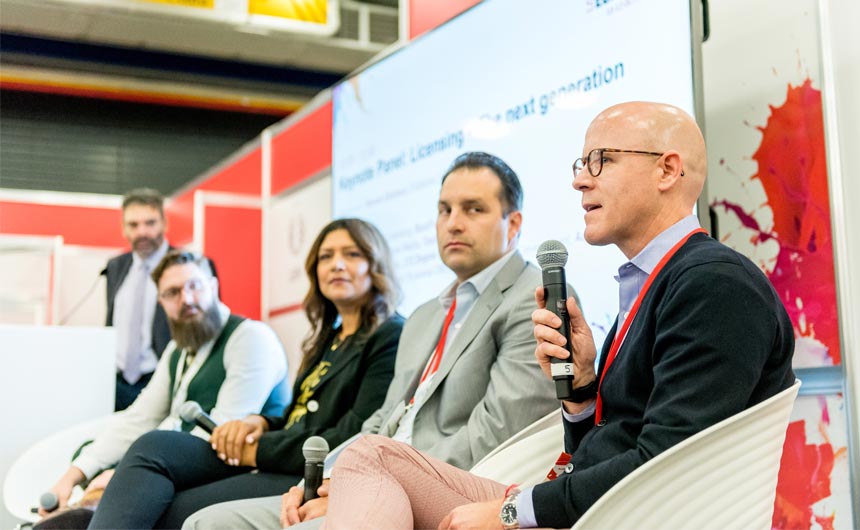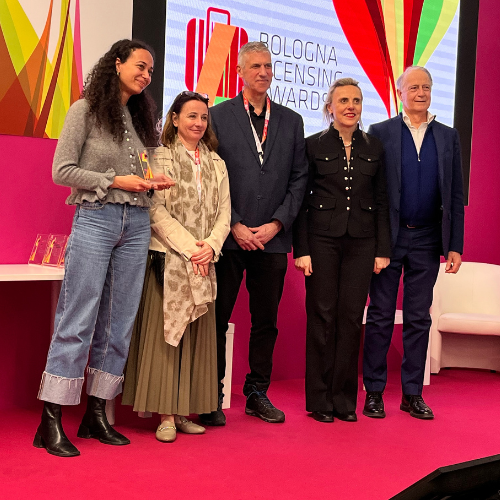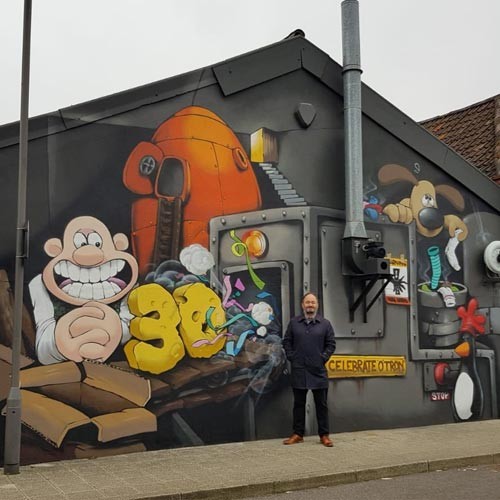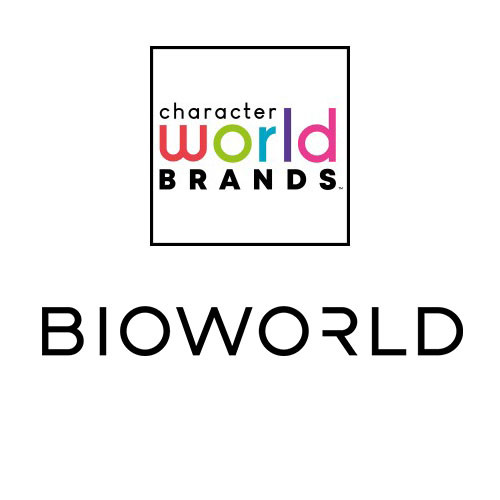BLE’s Anna Knight on why it’s time to step up, speed up and embrace the idea of doing things differently.
Technology has changed the way we work, live, socialise, communicate, consume and purchase. We are more demanding, better informed and do not want to wait. We want choice, value and immediate gratification. We want to be able to see something online, click a link (from any device in any location) and buy it.
This isn’t just a millennial thing, either, though they are certainly driving this revolution, it’s an everyone thing. We’re busy, confident, savvy consumers. We demand that our suppliers understand what we want, what we like, what drives us… and then integrate all of this into their business strategy to pander to our needs and deliver products and services instantly.
To be fair, there are many sectors that have nailed this, especially across entertainment, just look at Netflix, YouTube or Spotify, which we can experience in a genuinely device-agnostic, omni-channel environment. So, whether we’re on our desktop, laptop, tablet or smartphone, we will enjoy exactly the same experience from exactly where we left off, every single time.
These successful disruptors also use big data to cleverly analyse what we want, and continually update and deliver the right content directly to us.

It’s this speed, this immediacy, that some have suggested is missing from the licensing industry. At BLE last year, Eric Karp – head of licensing at BuzzFeed – took part in our keynote panel called ‘Licensing: the next generation’ and, in that session (reported on here), he and the panel warned licensors, licensees and retailers that it’s time to step up, speed up and embrace the idea of doing things a little differently.
Currently, the industry works on 12-18 month lead times for taking a brand from trend, to concept, to design, manufacture and then in-store and, sadly, that just won’t cut it any more. By the time those products reach the consumer, the consumer will have moved onto the next big thing and taken their money and loyalty with them.
Let’s go back to Netflix and Spotify for a second and also remember this is the age of ‘direct to consumer’, so unless we become much more responsive to the needs of the consumer and also the needs of the new content, brand and IP owners (which often have a digital origin and, therefore, a digitally-savvy fan base), both audiences may start questioning where exactly we are adding value and start cutting out the middle man.
This is an extreme theory, obviously; a very, very unlikely worst-case scenario, but as John Erlandson summed up at our keynote address: “Traditional licensing, even when it moves fast, it is slow; especially given how fast content evolves. We need to learn to react in different ways.”
It’s food for thought, right? And when we do learn to react in different ways and to disrupt our own disruptors, the opportunities for the future in licensing are both exciting and endless.
Anna Knight is brand director for Brand Licensing Europe, which takes place from October 9-11 at London’s Olympia.





























